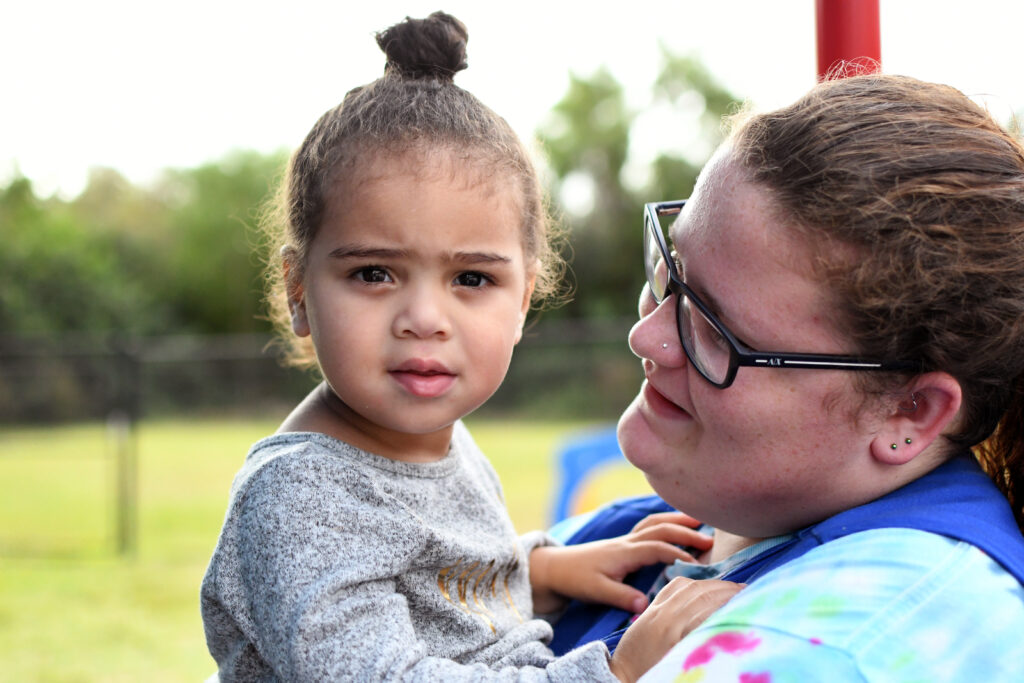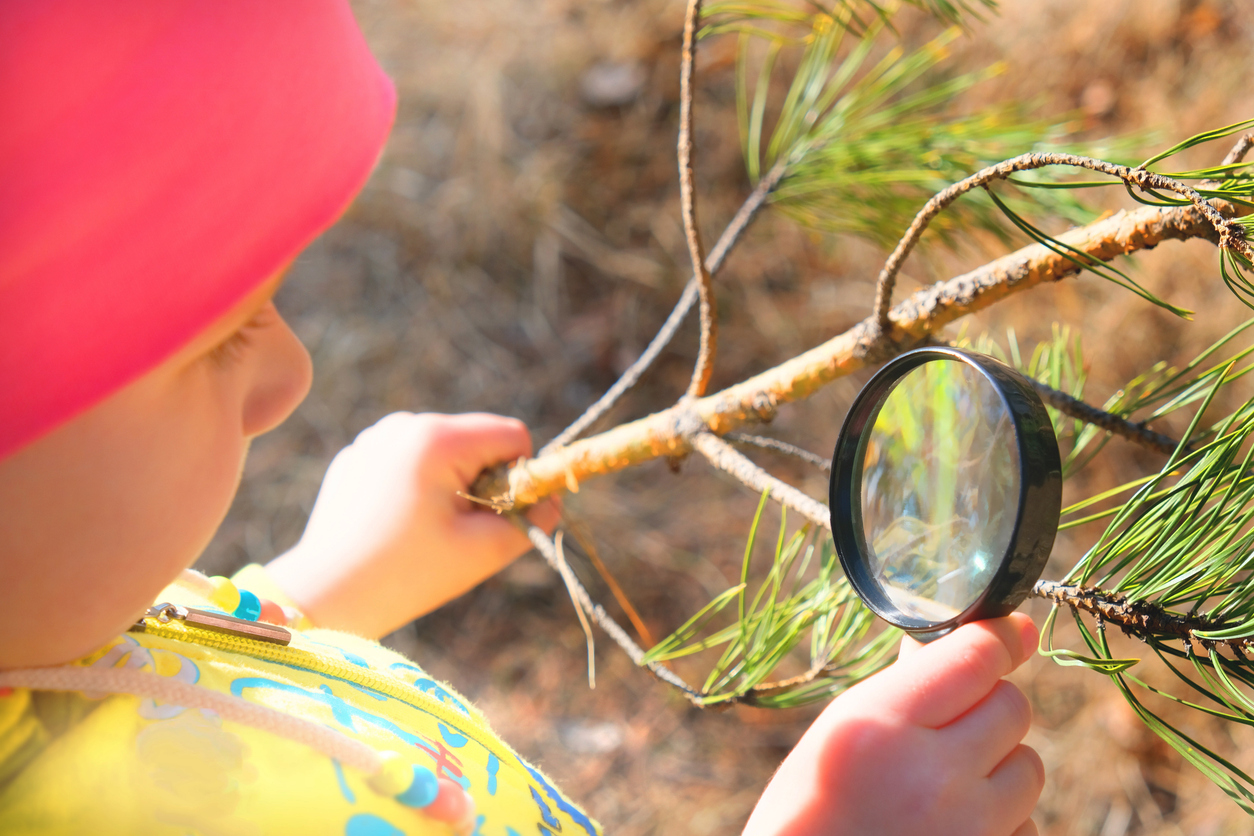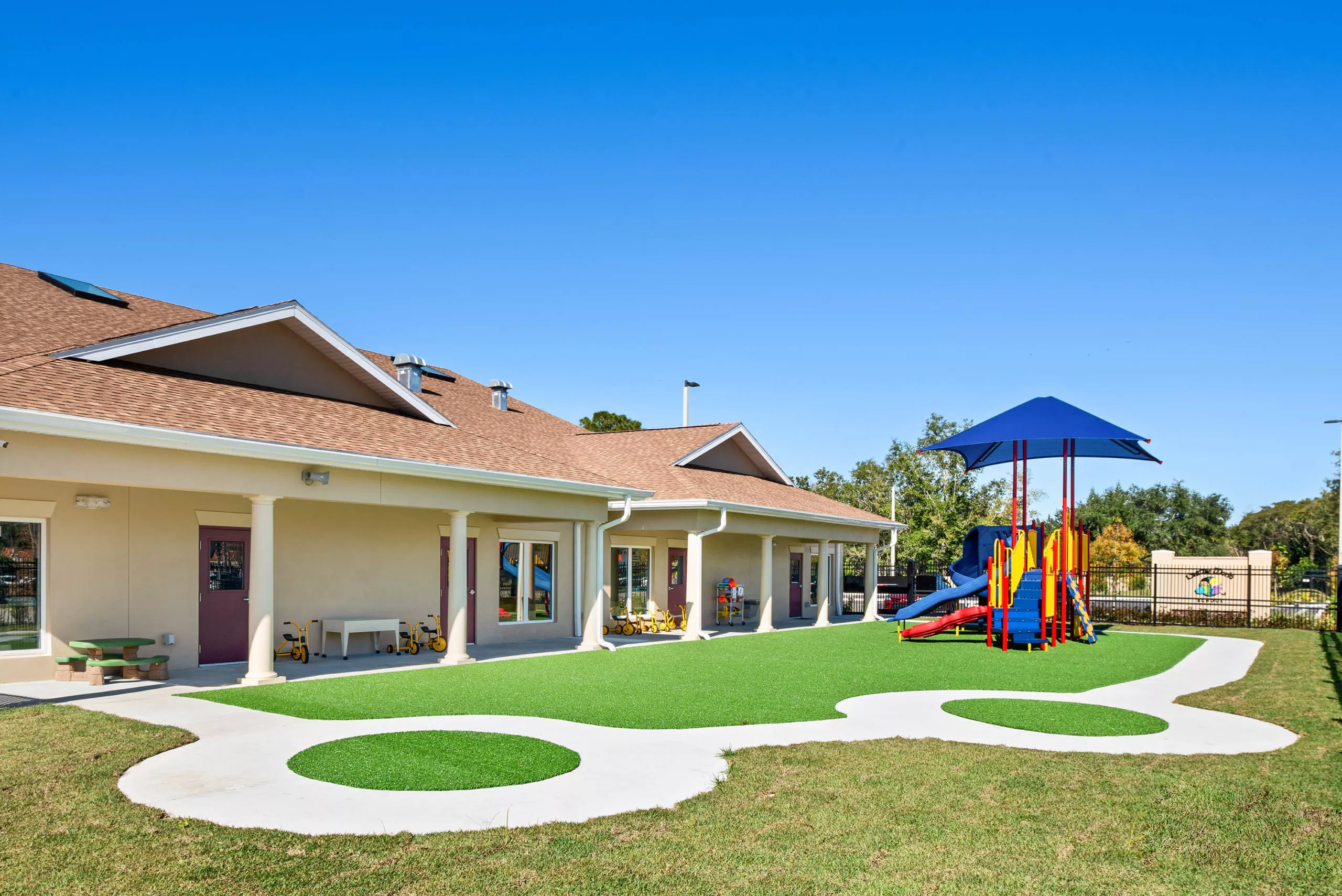
Teaching Your Children Kindness
Creative world school Jan 19, 2017We all want children who are gracious, patient with others, gentle, and kind. It turns out that sowing the seeds for kindness happen in many small ways each day, and parents can play a vital role!
Harvard psychologist, Richard Weissbourd, with the graduate school of education, runs a program called Making Caring Common, which aims to promote empathy and kindness in young children.
His studies* acknowledge that, as parents, we have a selection of traits and values to emphasize in our children, including things like achievement, success, and happiness. A worthy pursuit that merits consideration in the key values we hope our children will adopt is kindness.

But how do children become kind? A two year old is not typically inclined to share, or give, or empathize. There are ways, however, that you can set before your child the praiseworthy traits you wish them to adopt:
PRACTICE CARING AND HELPFULNESS
With the guidance of important adults (that’s us, parents!), spend time modeling, demonstrating, and narrating moments of caring and helpfulness. Whether it’s for a doll, fetching an item when asked, or helping with a chore unasked, point out and praise spontaneous moments of caring. When those moments are absent, use the opportunity to demonstrate that behavior as a springboard for modeling (“if you like, you could be helpful right now by…”).
ZOOM IN AND ZOOM OUT
Practice “walking in someone else’s shoes” (empathy) by relating your child’s own experiences with the experiences of other people: instead of “don’t grab” you could provide the backdrop, “remember when Jack grabbed your toy yesterday? No fun, right? How did it feel?” For three year olds and up, empathy is a developing trait that can be nurtured by a broader perspective of the needs and feelings of others.
MODEL IT
Young children are almost always imitating behavior they have seen. What does your child see you doing… even in the challenging moments like traffic or waiting in line? Does what you say and how you react indicate that others are important? Tune in to your own habits and assess any adjustments that need to be made.
MANAGE DESTRUCTIVE FEELINGS
Our little ones are on a long journey of social-emotional development, and through every phase of their development they will grapple with new feelings and thoughts that effect their behavior. Feelings aren’t a bomb to be contained and they’re not a firehose to be let loose: they are tools to be managed and used properly and for the right purpose. Teach your child to acknowledge and accept feelings… and be the riverbed that helps guide those emotions to constructive places!
We are all on a journey… walking with your child is the surest way to guide them to success of their whole person!
*summary: http://mcc.gse.harvard.edu/files/gse-mcc/files/mcc-executive-summary.pdf
*report: http://mcc.gse.harvard.edu/files/gse-mcc/files/mcc-research-report.pdf






